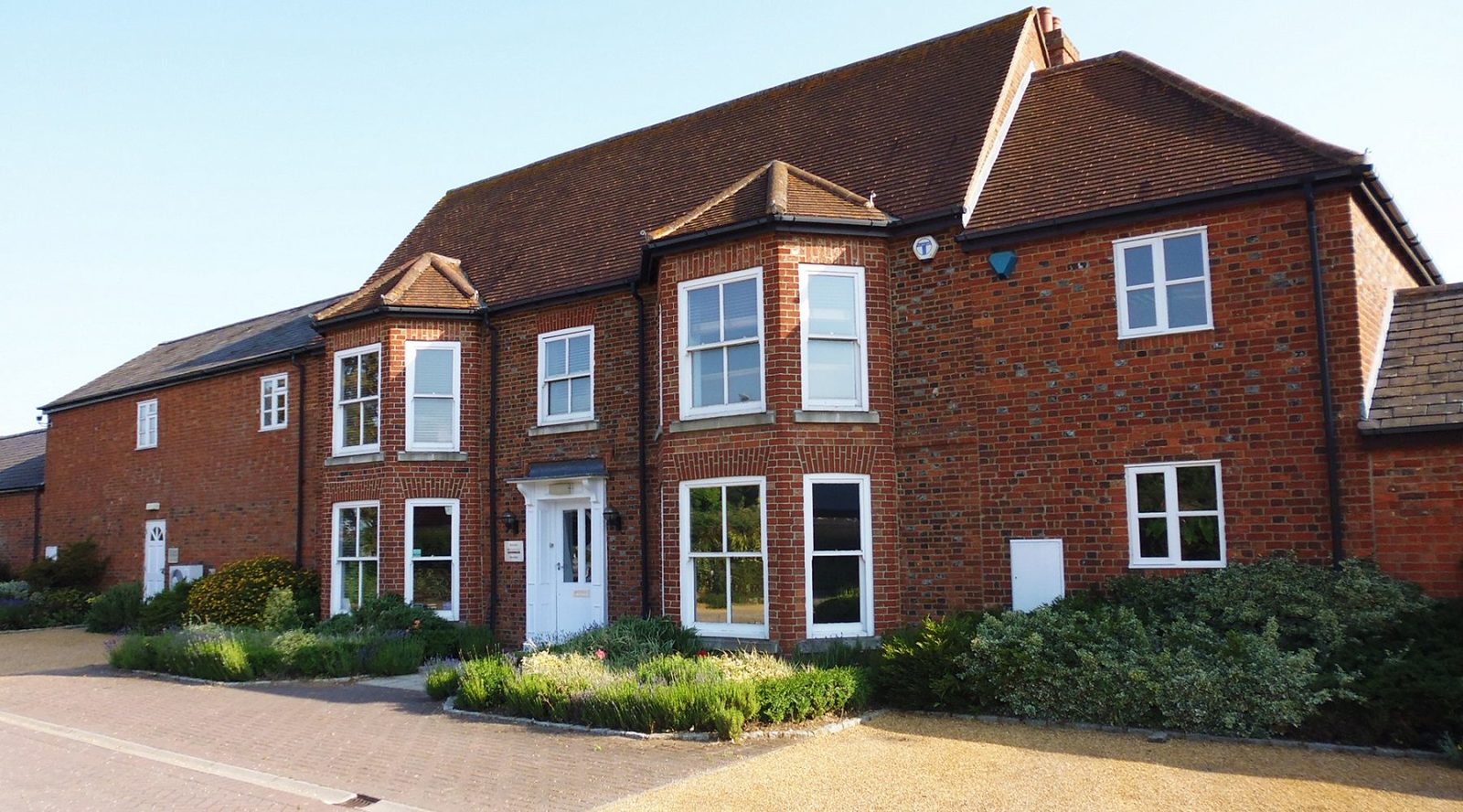 Chris Vowles explains why it’s important to have an experienced adviser by your side when selling your dental practice.
Chris Vowles explains why it’s important to have an experienced adviser by your side when selling your dental practice.
For any principal considering selling, along with deciding whether to continue as a ‘wet-fingered dentist’, pursue academia or take that first step on the road to retirement, one of the first questions to be asked is: ‘What is the state of the practice sales market and how much is my practice worth?’
Once something of a cottage industry where practices changed hands for small amounts or in some cases, were ‘given away’ to lucky associates or practice owners nearby, the dental sector is now amongst the most dynamic, with an increasing number and variety of buyers seeking opportunities.
With an estimated 450-500 separate transactions annually and demand exceeding supply in most areas and market segments, it is no surprise that it’s a crowded marketplace and one full of mixed messages for those looking to sell their business. As such, a practice owner should consider the following fundamentals.
Whole of market or restricted approach?
Whilst most practice sales are handled confidentially, it is generally advisable to adopt a ‘whole of market approach.’ This ensures that the buyer pool is of sufficient size to create competition, but also not so large that it’s impossible to control the sale process. It is critical for the selling agent to get to know the practice that is being sold so that the right buyers can be selected, rather than the ‘round robin’ approach, which is indiscriminate and can lead to wasted time.
The dental sector is unusual in that we regularly see corporate and independent purchasers bidding for the same practice, and therefore it’s generally good to approach both buyer types to ensure that the whole market is explored.
On or off market?
Demand for quality practices is at an all-time high. Dental companies often directly appeal to practice owners to join them and while an ‘off market’ sale will save an agent’s fee, every fee ‘saved’ could also mean a loss of tens of thousands in sale price if the market has not been tested properly.
Pricing is highly volatile in the current dental market and we often see sale prices well in excess of asking when buyers compete, so having an experienced adviser by your side is invaluable.
Beware of false profits!
Goodwill is valued by multiplying sustainable profit (EBITDA) or sometimes income, the latter of which is used mainly for smaller, principal-led practices. It’s essential to calculate EBITDA accurately so that it is not under- or overstated, leading to issues further down the line. Associate pay scales should not be reduced, nor should extra sessions that don’t currently exist be factored in. Price should be maximised but has to bear scrutiny to an independent valuation on behalf of a lender or investor.
Principals are advised to begin planning their sale well in advance of the likely ‘exit’ date to ensure an orderly sale process.
Christie & Co is one of the only RICS (Royal Institution of Chartered Surveyors) accredited firms dealing in dental practice sales in the UK. With 15 regional offices, it has a dental specialist within easy reach of any practice in the UK. Every year Christie & Co values, advises on, and sells hundreds of practices of all types and sizes.


